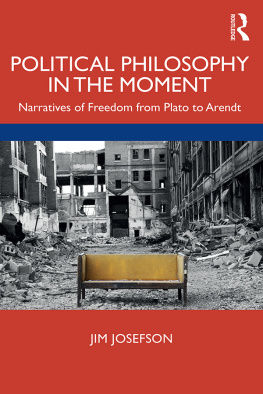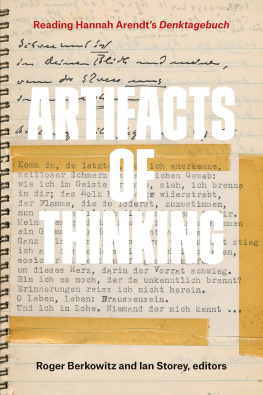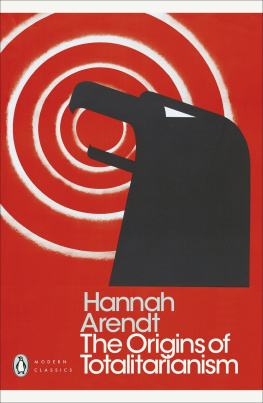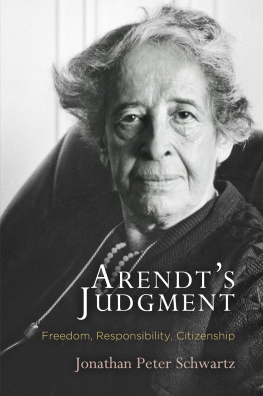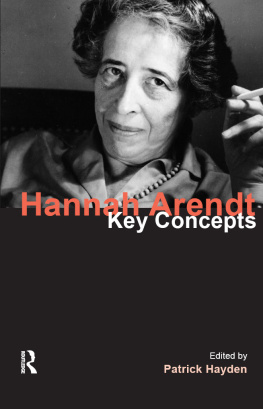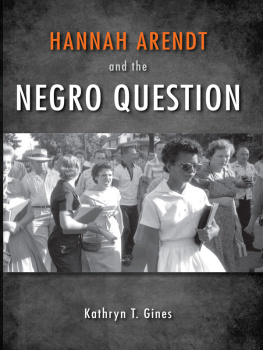Political Philosophy In the Moment
Political Philosophy In the Moment uncovers the political power of narrative by both telling and explaining the stories that frame our ability to be in the moment.
In a series of eleven short stories, Jim Josefson presents the history of political philosophy and Hannah Arendts alternative, an aesthetic form of politics. In the early stories, Josefson recounts how the four main traditions of political philosophy (Platonism, Aristotelianism, liberalism and historicism) promise truth but deny us the freedom available in reality. Then he reviews the alternative narratives offered by thinkers like Kierkegaard, Nietzsche and Heidegger, which influenced Arendts view. The final chapters chart Arendts route back to the Moment, the freedom to read and tell a fuller story about the beauty and horrors that appear in the world.
A page-turning book of short stories and a tour through the greatest works of political philosophy, Political Philosophy In the Moment is as approachable, comprehensible and welcoming as a fairy-tale, ideally suited for students of contemporary political theory and anyone who wishes our politics was more in the moment.
Jim Josefson is Associate Professor of Political Science at Bridgewater College, Virginia. Josefson received his Ph.D. from the Maxwell School of Citizenship & Public Affairs at Syracuse University. His work has appeared in Philosophy & Social Criticism, Party Politics, PS: Political Science & Politics, and Justice et Injustice Spatiales. Josefson defends his reading of Arendt further in the forthcoming book Hannah Arendts Aesthetic Politics: Freedom & the Beautiful.
First published 2019
by Routledge
52 Vanderbilt Avenue, New York, NY 10017
and by Routledge
2 Park Square, Milton Park, Abingdon, Oxon OX14 4RN
Routledge is an imprint of the Taylor & Francis Group, an informa business
2019 Taylor & Francis
The right of Jim Josefson to be identified as author of this work has been asserted by him in accordance with sections 77 and 78 of the Copyright, Designs and Patents Act 1988.
All rights reserved. No part of this book may be reprinted or reproduced or utilised in any form or by any electronic, mechanical, or other means, now known or hereafter invented, including photocopying and recording, or in any information storage or retrieval system, without permission in writing from the publishers.
Trademark notice: Product or corporate names may be trademarks or registered trademarks, and are used only for identification and explanation without intent to infringe.
Library of Congress Cataloging-in-Publication Data
A catalog record for this title has been requested
ISBN: 978-0-367-19280-8 (hbk)
ISBN: 978-0-367-19916-6 (pbk)
ISBN: 978-0-367-19918-0 (ebk)
I owe the idea for this book to Stephen Ochoki. I thank Jennifer Brogan, Justin Knight, Joe Macklin, Dagmawi Constantinos and students in my politics of aesthetics seminar for pushing their teacher. And I thank my own teachers, especially Lelan McLemore, Lynne Bernier, Sally Holstein and Kristi Andersen. Many colleagues provided encouragement and critiques, especially Wynne Walker Moskop, Gaye Ilhan Demiryol, Jon Bach, Michele Strano, Jamie Frueh, and Ed Huffstetler. Wendy Theodore told me I should write. Russ and Lisette Briley read a draft and provided helpful comments. My mother, Carol Josefson, provided good advice on Chapter 7. And my father, Clarence Josefson, helped with the chemistry. Im also indebted to Bridgewater College for sabbatical support while writing this manuscript. Finally, Im very grateful to my wife and children, who keep me in the moment.
The thesis of this book is that political philosophy is about being in the moment. That has several different meanings here related to philosophy, the moment and my attempt to extend the political philosophy of Hannah Arendt. Hannah Arendt (19061975) was a Jewish German political theorist who fled the Nazis for the United States before the US entered World War II. She is most famous for her argument that action, debating and coordinating political projects with other citizens, is an indispensable but threatened dimension of human freedom. The dominant take-away from this argument has been that we should stop thinking of politics as who gets what and just start going to more meetings and protests. In other words, most people read Arendt as saying that we need to value politics for its own sake, not for what it will produce in terms of either interests or justice, and then participate more in a revitalized public sphere.
I am not saying that this perspective is wrong so much as it misses Arendts philosophy of the moment. To address the philosophy first, I think this emphasis misses her way of doing philosophy. Philosophy, as I read Arendt, is properly the activity begun by Socrates in Athens almost 2,500 years ago. It involves, quite simply, asking obvious questions, like, What do you mean when you say I should be in the moment? It is not the dreary business of professional philosophers, figuring out the truth about what each of their august forebears really thought and then debating about which of them got it, the truth about life, human being and politics, right. Instead, philosophy involves childlike wonder at the world, wonder that leads to wondering about the wondrous.
Where Arendt differs from Socrates is that, as the Athenians contemporaries liked to point out, he generally confined himself to tearing down the opinions of others. Furthermore, his wonder tended to focus only on the beautiful, for instance, the beauty of the young aristocrats he preferred to philosophize with. Arendt, in contrast, was concerned that philosophys business of looking for the truth had not just managed to tear down benighted opinions but also the value of opinion itself, along with a sense of the worth, meaning and even reality of everything in our world. This is the horror of existence that has taken on acute dimensions in modernity. Arendt concluded, then, that philosophy must think about both the beautiful and the horrible, not in order to get to the truth, but just to get at the reality of what we are doing.
That is the way of doing philosophy that I have tried to follow in the admittedly weird format of this book. It is book of short stories with accompanying commentaries. The story in each chapter represents the thought of a famous philosopher, and the commentary explains the story. Unfortunately, this might give the impression that these stories provide only an accessible introduction to philosophy for beginners who cannot be trusted to read Platos Republic without the help of a Ph.D. like myself.
Again, that impression is not wrong, but it misses Arendts political philosophy of the moment. What Im trying to do here is not recall the truth of what a dead philosopher like Plato really thought but to repeat their thinking. That is, from the perspective I take, we do not have access to the truth about what Plato thought. We only have access to the reality of his writings, the reality of the writings of people who read Plato and so on. Now, if we could know the truth about Plato we would have nothing to do but obey it, engage in that dreary business of recalling what professional philosophers tell us he thought. The wonderful thing is that if we only have access to the reality of Platos texts then those texts can say

